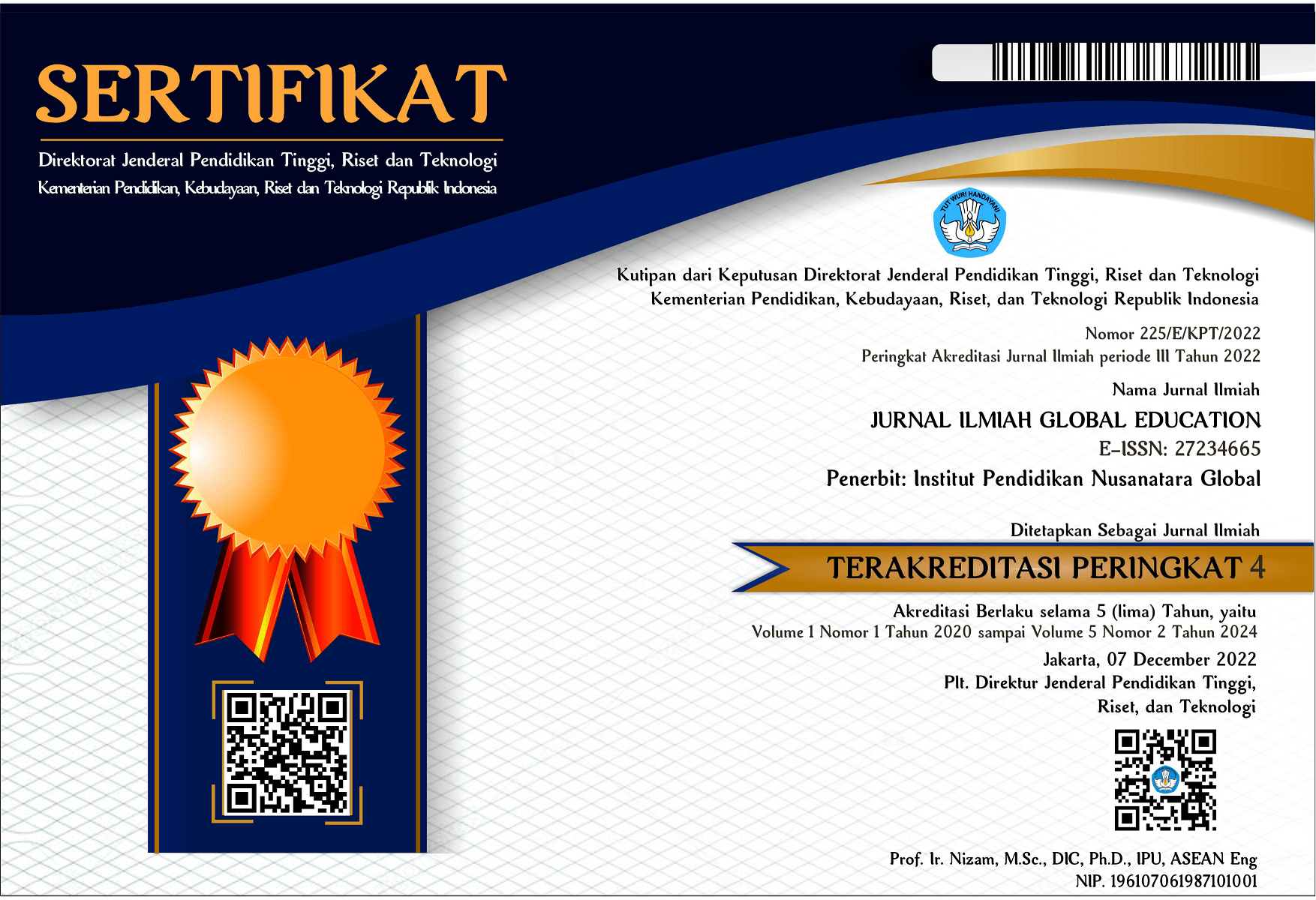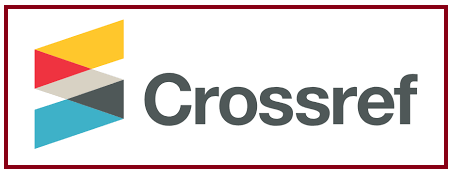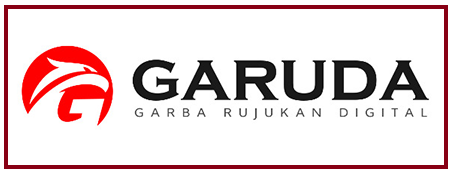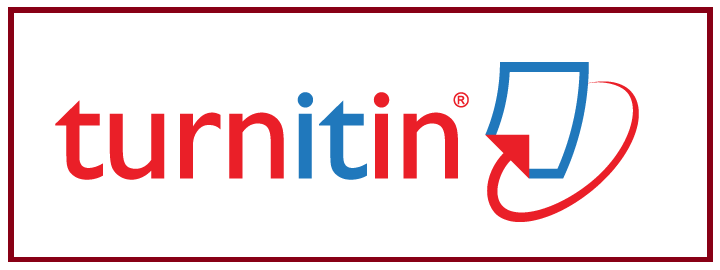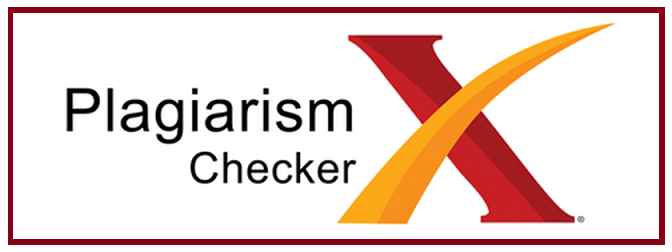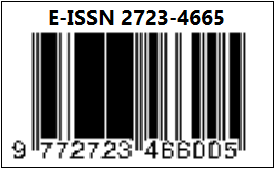IMPLEMENTASI PROGRAM TEACHING FACTORY (TEFA) BERBASIS UNIT PRODUKSI UNTUK MENINGKATKAN KOMPETENSI KEWIRAUSAHAAN SISWA DI SMK KEPARIWISATAAN BANDUNG RAYA
DOI:
https://doi.org/10.55681/jige.v4i4.1398Keywords:
Teaching Factory, Project Based Learning, Entrepreneurial InterestAbstract
Problems related to changes in the structure of employment opportunities in the era of the industrial revolution 4.0 and the existence of competency gaps faced by vocational schools in the field of tourism today. The SMK revitalization program that is currently running has a very important role as an effort to prepare SMK graduates to become skilled workers who are ready to work in various economic sectors such as agriculture, industry, tourism, and even the creative economy. This program also answers problems related to the preparation of superior human resources to process economic potential spread throughout Indonesia. The Teaching Factory is part of ten steps to revitalize vocational schools launched by the government, but it feels not optimal. This phenomenon arises so that vocational schools in the tourism sector can implement teaching factory programs in accordance with project-based learning. The research method uses a quantitative approach with secondary data collection techniques such as questionnaires and interviews. In addition, data collection in the form of tourism education curriculum is a source of data in primary data collection techniques. The analysis method uses quantitative content, exploratory, and descriptive analysis. The findings are expected to be able to answer the targets of this study which includes identifying the distribution of the SMK Tourism teaching factory management program in Bandung City based on project based learning to increase entrepreneurial interest of SMK students.
Downloads
References
Chen, Z., Stelzer, T., & Gladding, G. (2010). Using multimedia modules to better prepare students for introductory physics lecture. (January), 1–5. https://doi.org/10.1103/PhysRevSTPER.6.010108
Dadang Hidayat M. (2011). Model pembelajaran teaching factory untuk meningkatkan kompetensi siswa dalam mata pelajaran produktif. Jurnal Ilmu Pendidikan, Vol 17, No 4.
Direktorat Pembinaan Sekolah Menengah Kejuruan (2008). Roadmap pengembangan SMK 2010-2014. Jakarta: Depdiknas Djohar. (2006). Guru, pendidikan dan pembinaanya. (Penerapanya dalam Pendidikan dan UU Guru). Yogyakarta: CV. Grafika Indah.
Fayolle, A. (2007). Handbook of Research in Enterpreneurship Education. 2. doi:https://doi.org/10.1108/17506200810861276
Hanafi, H.F & Samsudin, K 2012, „Mobile learning environment system (MLES): The case of Android-based learning application on undergraduates‟learning‟, International Journal of Advanced Computer Science and Applications, vol. 3, no.3, pp. 1-5.
Hake, R. R 2010, „Interactive Engagement Versus Tradisional Methods : A Six-: Thousand- Student Survey of Mechanics Tes Data For Introductory Physics Course‟, Am. J. Phys, vol. 66, no.1, pp. 64-74.
Hill, M., Sharma, M. , & Johnston, H. (2015). How online learning modules can improve the representational fl uency and conceptual understanding of university physics students. https://doi.org/10.1088/0143-0807/36/4/045019
Hupbing, N., Oglesby, D., Philpot, T., Yellamraju, V., Hall, R., & Flori, R 2012, Interactive learning tools: Animating statics‟. In American Society for Engineering Education Annual Conference June, vol. 1, no. 4, pp. 159-270.
Hadlock, H., Wells, S., Hall, J., et al. (2008). From practice to entrepreneurship: rethingking the learning factory approach. Proceeding of the 2008 IAJC IJME International Conference, ISBN 978-1-60643-379-9.
Ibnu Siswanto. (2011). Pelaksanaan Teaching Factory di SMK RSBI Daerah Yogyakarta. Tesis Magister, tidak diterbitkan, Universitas Negeri Yogyakarta: Yogyakarta. Lamancusa, J.
Ibrahim, M., & Nur, M. (2010). Pengajaran Berdasarkan Masalah. Surabaya: Pusat Sains dan Matematika Sekolah, Program Pasca Sarjana UNESA, University Press.
Januszewski, A. & Molenda, M. “Educational technology,” A definition with commentary Educational Technology, A Definition with Commentary (Routledge, New York, 2013), pp. 1- 384.
Kurikulum, S. (2020). Panduan Pelaksanaan Teaching Factory. Jakarta: Direkorat Pembinaan SMK Direktorat Jenderal Pendidikan Dasar dan Menengah Kementerian Pendidikan dan Kebudayaan.
Linan, F. (2004). Intention-based models of enterpreneurship education. Picola Impresa/Small Business, 11-35.
Li,Y. W 2016, „Transforming Conventional Teaching Classroom to Learner-Centred Teaching Classroom Using Multimedia-Mediated Learning Module‟. International Journal of Information and Education Technology, vol. 6, no. 2, pp.105–112.
Matlay, H. (2008). The Impact of Enterpreneurship Education on Enterpreneurial Outcomes. Journal of Small Business and Enterprise Development, 15(2), 382-396. doi:https://doi.org/10.1108/14626000810871745
S., Zayas, Jose L., Soyster, Allen L., et al. (2008). The learning factory: industry-partnered active learning. Journal of engineering education.
Sadaghiani, H. R. (2012). Controlled study on the effectiveness of multimedia learning modules for teaching mechanics. Physical Review Special Topics - Physics Education Research, 8(1). https://doi.org/10.1103/PhysRevSTPER.8.010103
Solihudin T.J.H 2018, „Pengembangan E-Modul Berbasis Web untuk Meningkatkan Pencapaian Kompetensi Pengetahuan Fisika pada Materi Listrik Statis dan Dinamis SMA‟, Jurnal Wahana Pendidikan Fisika, vol. 3. No 2, pp. 51 – 61.
Sugianto, Dony. 2013. Modul Virtual: Multimedia Flipbook Dasar Teknik Digital. Jurnal Invotec. 9 (2): 101-116.
Sugiyono. “Metode Penelitian Pendidikan Pendekatan Kuantitatif, Kualitatif, dan R&D” (Alfabeta, Bandung, 2007).
Syamsidah, & Suryani, H. (2018). Buku Model Problem Based Learning (PBL) Mata Kuliah Pengetahuan Bahan Makanan. Sleman, Yogyakarta: Deepublish Publisher.
Thomas Sukardi. (2008). Pengembangan Model Bengkel Kerja Praktik Sekolah Menengah Kejuruan. Disertasi, tidak diterbitkan, Universitas Negeri Yogyakarta: Yogyakarta.
Trianto. (2010). Mendesain Model Pembelajaran Inovatif Progresif. Jakarta: Kencana Prenada Media Group.
Triatmoko, SJ. (2009). The ATMI story, rainbow of excellence. Surakarta: Atmipress.
Wardiman Djojonegoro (1998). Pengembangan sumber daya manusia melalui Sekolah Menengah Kejuruan (SMK). Jakarta: PT. Jayakarta Agung Offset
Wylie, R., & Chi, M. T. H 2014, “The self-explanation principle in multimedia learning” In The Cambridge Handbook of Multimedia Learning, Second Edition (Cambridge University Press, England), pp. 413–432.
Downloads
Published
How to Cite
Issue
Section
License
Copyright (c) 2023 JURNAL ILMIAH GLOBAL EDUCATION

This work is licensed under a Creative Commons Attribution-ShareAlike 4.0 International License.


